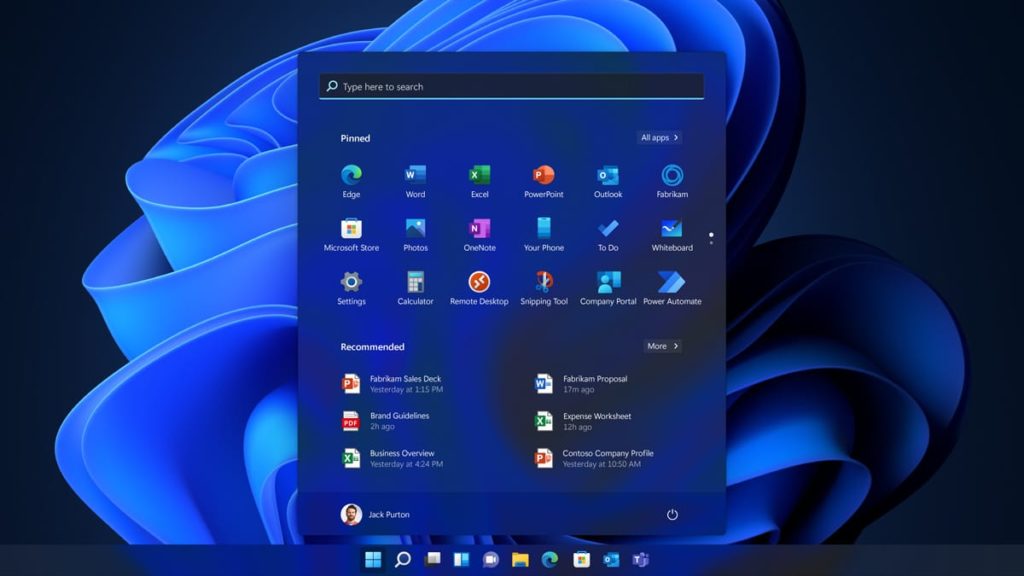- Joined
- May 6, 2019
- Messages
- 12,575
- Points
- 113
Image: Microsoft
Microsoft has published a list of Intel and AMD processors that are officially supported by the next version of its popular operating system, Windows 11. The list of supported CPUs has actually shocked many enthusiasts who plan to upgrade, as it’s missing a ton of popular chips that were released only a few years ago. These include early Ryzen chips, early Threadripper chips, and all Intel CPUs released prior to Coffee Lake (e.g., 6th and 7th Gen Core processors). It isn’t clear whether Microsoft will add older CPUs to its Windows 11 support list at a later date, but this could be another headache on top of the operating system’s mandatory TPM (Trusted Platform Module) requirement—apparently, users will need a motherboard with a TPM 2.0 (soft floor) or 1.2 (hard floor) module installed in order to run the new OS...
Continue reading...
Last edited by a moderator:
